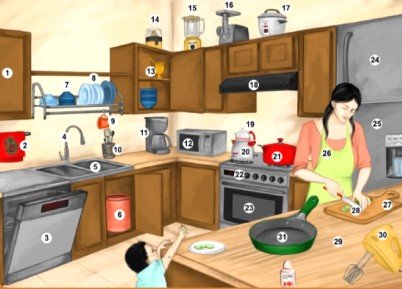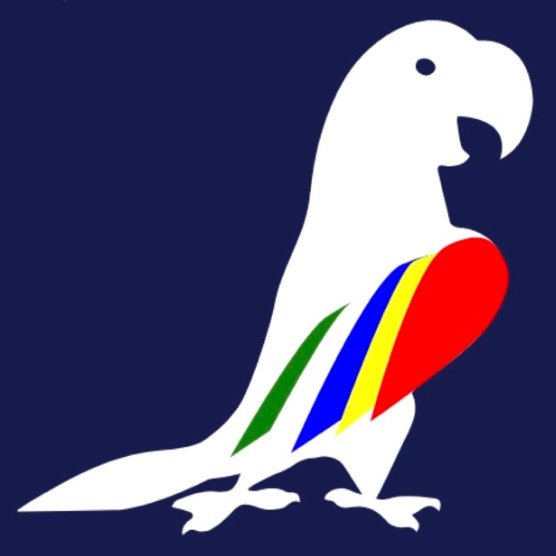
Resources for LCTLS Educators
Resources in LCTLs include Arabic, Chinese, Hebrew, Korean, Persian, Portuguese, and Russian. Search by language on CERCLL’s homepage.
Tasks for Linguistic Complexity in Arabic
This website is designed to help teachers of intermediate Arabic to facilitate the enhancement of learner linguistic complexity–to aid students in creating and sequencing language that is lexically more diverse and syntactically more complex. It includes s a set of task-based lesson plans for Arabic, with models for other languages, and a guide with pedagogical strategies.
LLC Commons
The LLC Commons web portal for open source materials in Russian and Slavic Studies, focusing on online and technology-enhanced teaching.
Multimodal Online Persian Dictionary
The Multimodal Online Persian Dictionary consists of theme-based images with written and audio words, providing linguistic input, as well as a space for cultural reflection and inquiry.
Dormtalk
Supplementary learning materials for teachers and students based on Chinese L2 learners’ authentic language use outside the class. It addresses gaps in Chinese language textbooks for elementary and intermediate levels.
Multilingual Academic Corpus of Assignments – Writing & Speech (MACAWS)
This corpus of assignments (texts, spoken discourse, and multimedia products) by Portuguese and Russian learners, also includes pedagogical artifacts (syllabi, assignment sheets, lesson plans) and webinar recordings that explain their use.
Teaching Portuguese to Spanish-Speaking Learners
This rich source of authentic materials for Portuguese teachers and learners includes both classroom tasks and web-based language learning materials online.
Foreigncy
FOREIGNCY hosts authentic content about real- world issues (politics, foreign policy, health, the environment, human rights, culture, education). Now in Arabic, Hebrew, Russian; more languages are in development.
Socioscientific Resources for LCTLs Classrooms
This resource is an archive of contemporary Socioscientific Issues (SSI) as they manifest in Korean media and discourses, with a manual and webinar that train educators in their use.
Arabic Learners Written Corpus
This corpus comprises Arabic written samples by L2 and heritage students, transcribed into a database with cross-referenced categories according to level (beginning, intermediate, advanced), learner (L2 vs. heritage), and genre (description, narration, instruction). It is a source of empirical data for hypothesis testing, and a resource for developing teaching materials.










